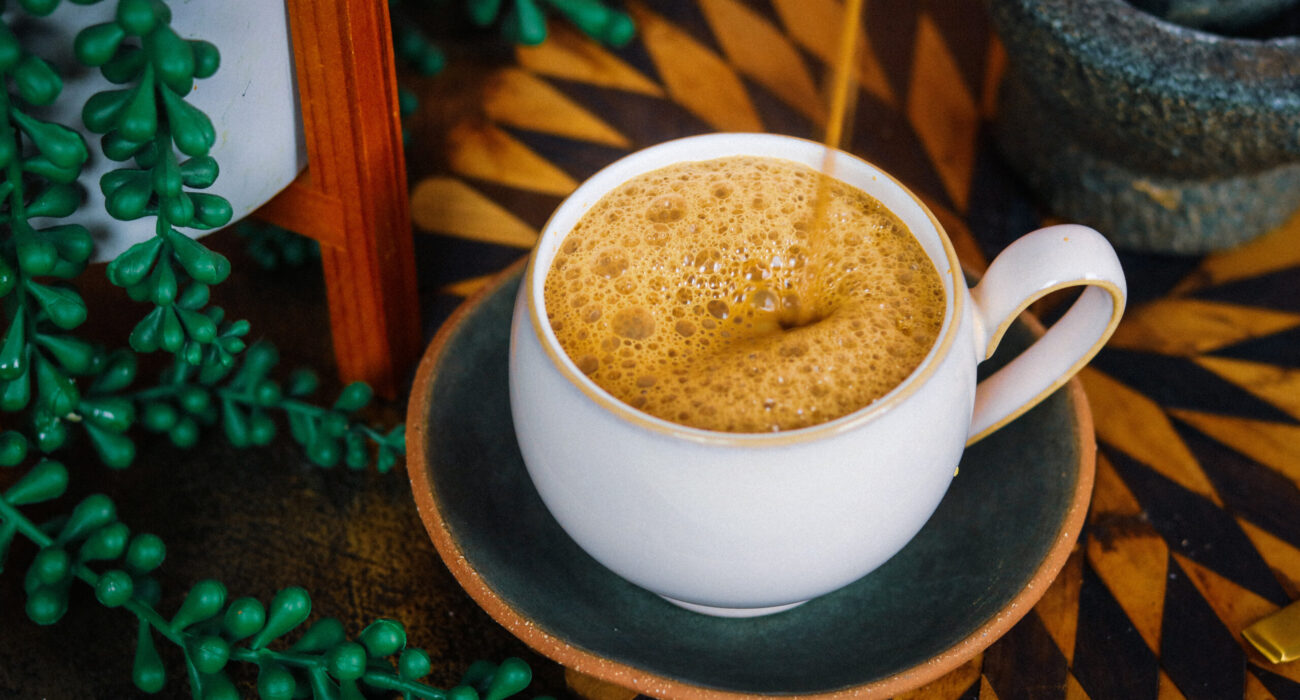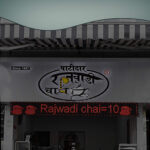Chai: More Than Just a Drink—A Cultural Journey in Every Sip
Chai is not merely a beverage; it is a cultural symbol that encapsulates the warmth of hospitality, community, and tradition. With every sip, chai tells a story—a journey that spans continents, histories, and generations.
Originating in India, chai has evolved over the centuries, influenced by trade routes, colonialism, and regional variations. Each cup of chai carries with it the essence of its birthplace, whether it’s the robust Assam tea or the delicate Darjeeling. In many households, chai is brewed daily, becoming an integral part of life, steeped in rituals that celebrate relationships and gatherings.
The preparation of chai is a communal activity, often involving family members who come together to share the experience. The fragrant aroma of spices wafting through the air evokes memories and emotions, fostering connections among those who partake. It’s not uncommon for friends to gather over a cup of chai, engaging in heartfelt conversations that strengthen bonds.
Moreover, chai has transcended cultural boundaries. Its popularity has spread globally, leading to the emergence of chai cafés and specialty tea shops. In Western countries, chai lattes have become a staple in coffee shops, introducing a new audience to this rich cultural beverage. As people discover the flavors and traditions associated with chai, they also explore the broader cultural significance it holds.
The global chai movement has also sparked interest in diverse tea practices from various cultures. From Moroccan mint tea ceremonies to the Japanese tea ritual, each tradition highlights the importance of tea in social and spiritual contexts. This exchange enriches our understanding of tea as a universal connector.
In essence, chai is a bridge between cultures, a reminder of the power of hospitality and connection. With every sip, we embark on a cultural journey that transcends time and geography, celebrating the rich tapestry of humanity woven through this beloved beverage.










